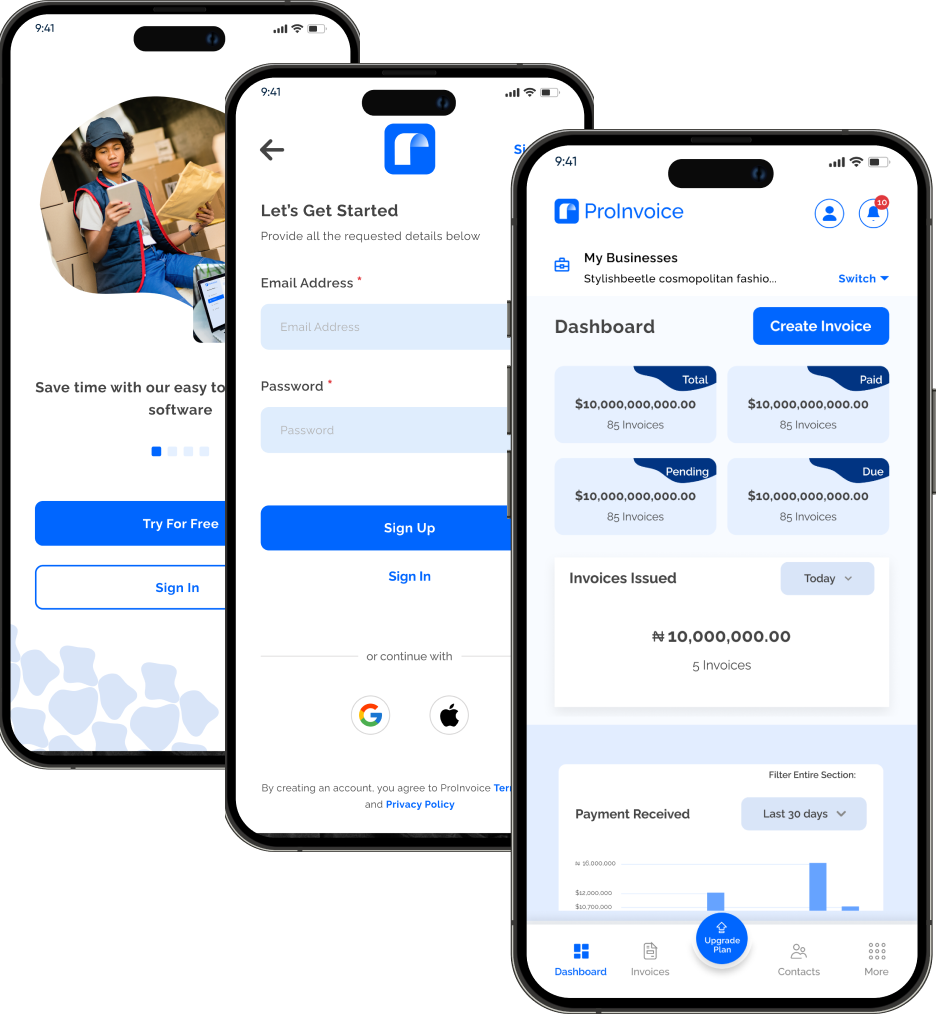As a business owner, preserving your mental health is crucial to the success of your business, In this article you will discover essential tips for small business owners to prioritize mental health during precious moments of downtime. Learn how to recharge, relax, and maintain a healthy work-life balance.
According to the World Health Organization (WHO), globally, approximately 1 in 4 people will experience a mental health disorder at some point in their lives
As a small business owner, your life is a whirlwind of challenges and opportunities. The drive to succeed and the passion to create can be all-consuming, often leaving little time for self-care and relaxation.
In this article, we explore the vital topic of preserving mental health during your well-deserved downtime. Discover why it’s crucial, what strategies can help, and how to strike that elusive work-life balance.
Should You be concerned about your mental health?
The mental health of a small business owner is integral to the success of the enterprise. Stress, anxiety, and burnout can quickly take a toll, affecting not only your well-being but also your decision-making and the overall performance of your business.
Maintaining good mental health is essential for creativity, resilience, and the ability to adapt to the ever-changing landscape of entrepreneurship.
Additionally, focusing on mental health contributes to better relationships with your team, customers, and loved ones.
It’s a vital component of creating a supportive work environment and a harmonious work-life balance.
Ways to Protect Your Mental Health As a small business owner
Here are some actionable strategies for small business owners to safeguard their mental health during their precious moments of downtime:
1. Prioritize Self-Care:
Dedicate time each day to self-care practices. This may include exercise, meditation, reading, or any activity that relaxes and rejuvenates you.
Self-care is not indulgence; it’s an essential investment in your mental well-being.
2. Set Boundaries:
Clearly define work hours and non-work hours. Avoid the temptation to constantly check emails or work-related messages during downtime.
Communicate these boundaries with your team and clients to manage expectations.
3. Stay Off Social media:
Take breaks from digital devices and social media. Constant connectivity can be overwhelming and contribute to stress.
Schedule tech-free periods to recharge your mental batteries.
4. Engage in productive hobbies:
Reconnect with hobbies and interests that bring you joy. Whether it’s painting, cooking, or playing a musical instrument, engaging in activities you love can provide a mental escape.
5. Spend Quality Time with Loved Ones:
Dedicate uninterrupted time with your family and friends. Nurture relationships and create cherished memories.
Strong social connections are a cornerstone of good mental health.
6. Delegate and Outsource:
Identify tasks in your business that can be delegated or outsourced. This lightens your workload and reduces stress.
Trust your team and partners to handle responsibilities efficiently.
7. Practice Mindfulness:
Incorporate mindfulness and relaxation techniques into your routine. Meditation and deep breathing exercises can help reduce stress and improve focus.
8. Stay Organized:
Use effective time management tools and organization techniques to streamline your work processes. For instance, to manage your invoicing needs, you can use ProInvoice invoicing software to easily manage all your invoicing process including creation of estimates and receipts.
Remember, a well-organized work environment can reduce stress and increase productivity.
9. Take Regular Breaks:
During work hours, ensure you take regular, short breaks to clear your mind and recharge.
Even a brief walk or moment of quiet reflection can make a significant difference.
10. Seek Professional Help:
Don’t hesitate to consult a mental health professional if you’re experiencing prolonged stress, anxiety, or symptoms of burnout.
Therapy and counseling can provide valuable insights and strategies for preserving your mental health challenges.
Conclusion:
Preserving your mental health as a small business owner is not just a personal priority; it’s a strategic move to ensure the success and longevity of your enterprise.
By understanding why mental health matters, and by implementing strategies to protect it, you not only enhance your well-being but also fortify your capacity to tackle the challenges of entrepreneurship.
Remember, preserving your sanity is not a luxury; it’s a necessity for both you and your business to thrive.













